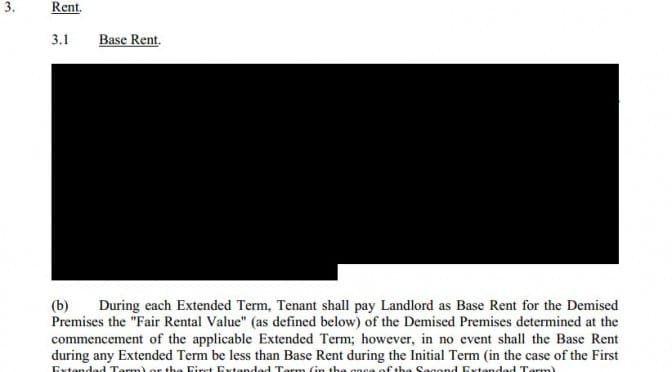Tag: Robert Layton
-

Wichita, again, fails at government transparency
At a time when Wichita city hall needs to cultivate the trust of citizens, another incident illustrates the entrenched attitude of the city towards its citizens. Despite the proclamations of the mayor and manager, the city needs a change of attitude towards government transparency and citizens’ right to know.
-

Wichita develops plans to make up for past planning mistakes
On several issues, including street maintenance, water supply, and economic development, Wichita government and civic leaders have let our city fall behind. Now they ask for your support for future plans to correct these mistakes in past plans.
-
Wichita not good for small business
When it comes to having good conditions to support small businesses, well, Wichita isn’t exactly at the top of the list, according to a new ranking from The Business Journals.
-

During Sunshine Week, here are a few things Wichita could do
The City of Wichita says it values open and transparent government, but the city could improve several areas of providing information and records to citizens.
-

Wichita planning documents hold sobering numbers
Planning documents released this week hold information that ought to make Wichitans think, and think hard. The amounts of money involved are large, and portions represent deferred maintenance. That is, the city has not been taking care of the assets that taxpayers have paid for.
-

Kansas Open Records Act and the ‘public agency’ definition
Despite the City of Wichita’s support for government transparency, citizens have to ask the legislature to add new law forcing the city and its agencies to comply with the Kansas Open Records Act.
-
For Wichita’s economic development machinery, failure
Compared to a broad group of peer metropolitan areas, Wichita performs very poorly. As Wichita embarks upon a new era of economic development, we need to ask who to trust with this important task.
-
Wichita’s policymaking on display
Wichita and its leaders want its citizens to trust their government. But in order to gain that trust, the city needs to avoid episodes like this.
-
Wichita economic development not being managed
It is evident that The City of Wichita does not manage the results of its economic development efforts.
-
Wichita does it again
Action by the Wichita City Council today provides opportunity for two city council members and the city manager to exercise leadership, protecting citizens instead of cronies.
-
Wichita performs a reference check, the video
Citizens of Wichita are rightly concerned about whether our elected officials and bureaucrats are looking out for their interests, or only for the interests and welfare of a small group of city hall insiders
-
Wichita performs a reference check, sort of
Citizens of Wichita are rightly concerned about whether our elected officials and bureaucrats are looking out for their interests, or only for the interests and welfare of a small group of city hall insiders.